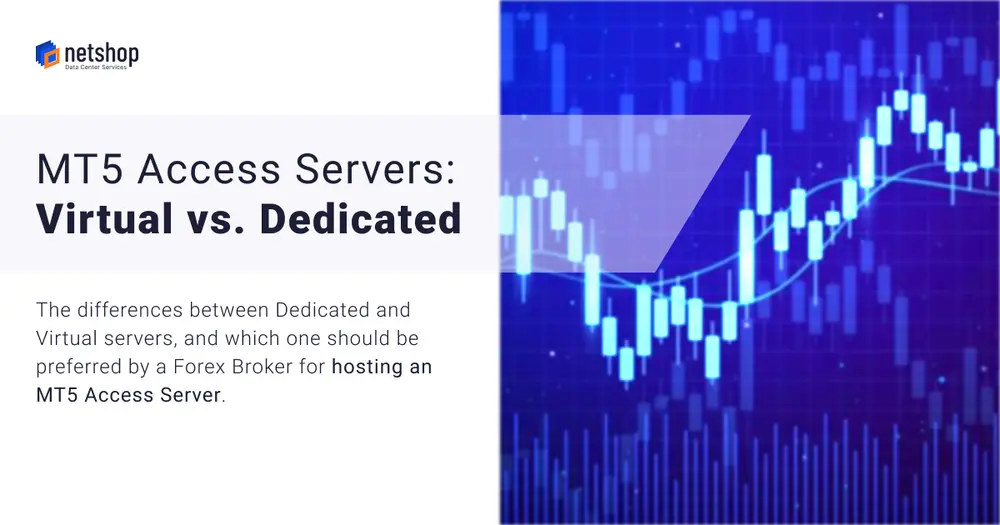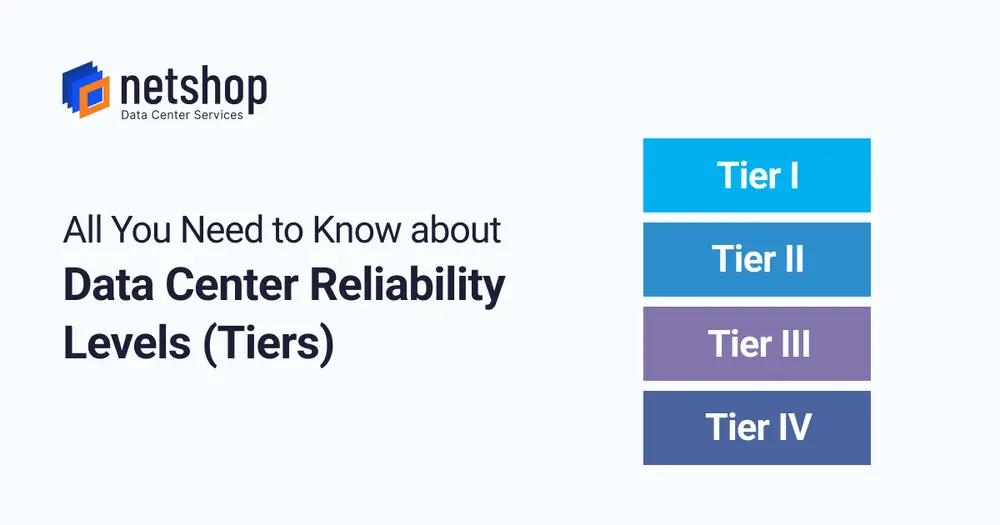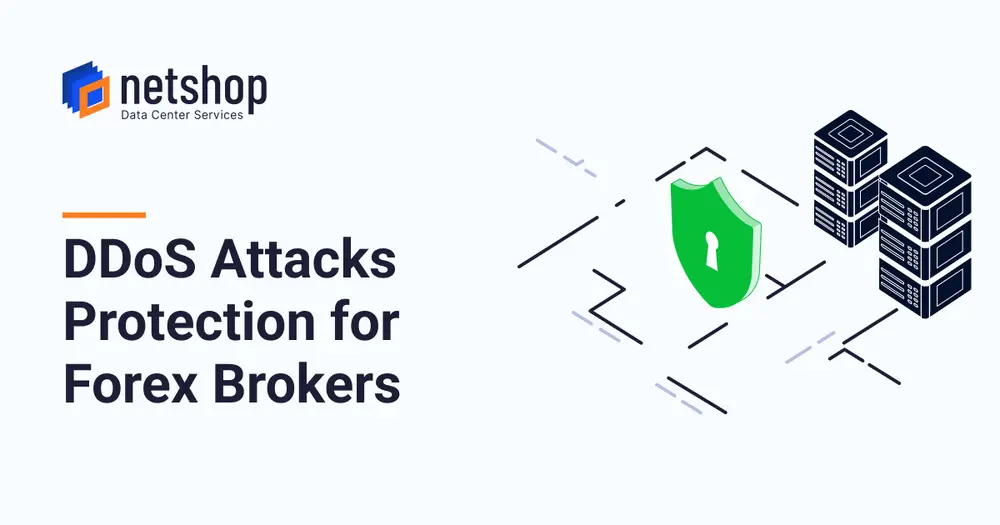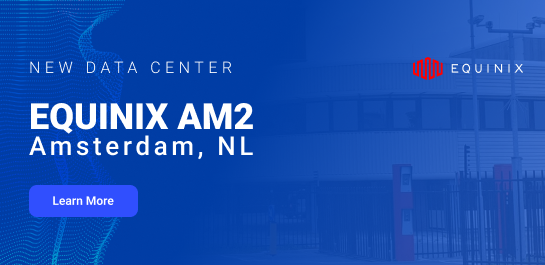The government of Malta has come up with an idea that businesses dealing with cryptocurrencies may find interesting. A new policy document seeks to set up a special agency which will “certify” blockchain platforms and “verify” crypto transactions. It is supposed to “bring peace of mind” to companies using these technologies to cut out central authorities and banks. Valletta also proposes legislation that will define the roles of intermediaries and regulate initial coin offerings.
The new Malta Digital Innovation Authority will certify blockchain platforms used by companies in the country. It will also be responsible for “verifying” cryptocurrency transactions by checking if the logged information is genuine. The government hopes to bring some peace of mind to businesses using distributed ledgers for cross-border payments.
Authorities in Valletta are recognizing that companies utilize blockchains to cut out central authorities. However, they acknowledge that the technology allows for cheaper and more efficient money transfers. Worried that those platforms are not currently certified in any way, the government has decided to provide some “legal certainty and trust”. Officials believe companies will benefit from the work of the new authority, while also cutting out intermediaries such as banks.
The Parliamentary Secretary for the Digital Economy Silvio Schembri presented the new policy document at a press conference with various stakeholders, the Maltese Independent reported. He called the event a “historic moment” and provided further details on how authorities plan to implement regulations concerning the cryptocurrency sector in successive stages.
The first step will be to set up the Malta Digital Innovation Authority. A bill will set out the regime for the registration of service providers and the certification of technology arrangements, Schembri explained. On stage 2, another draft will formalize the framework for Initial Coin Offerings (ICOs). A third law will impose regulation on services directly related to cryptocurrencies. Intermediaries like brokers, exchanges, wallet providers, asset managers, and investment advisors will be subjected to its provisions.





















